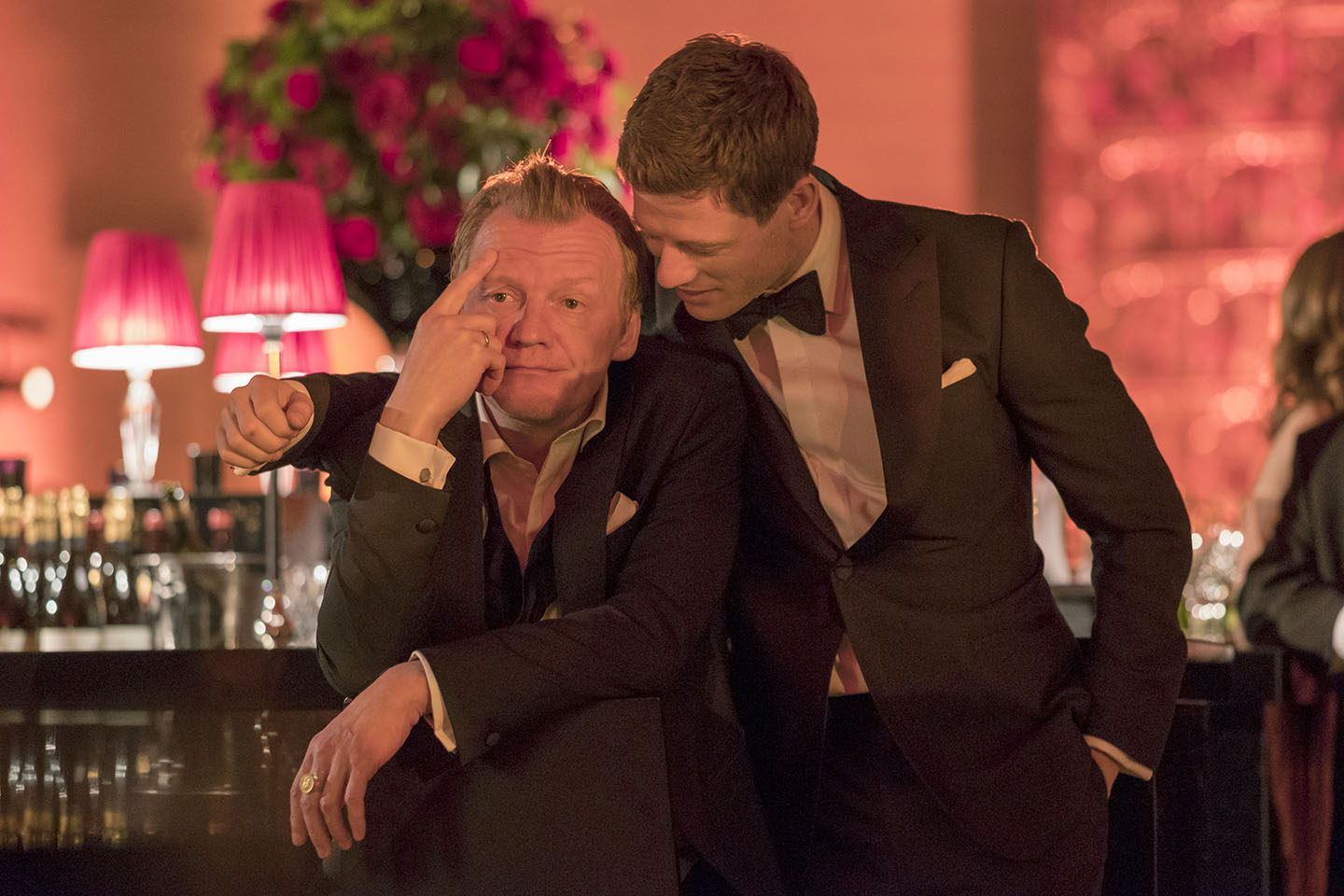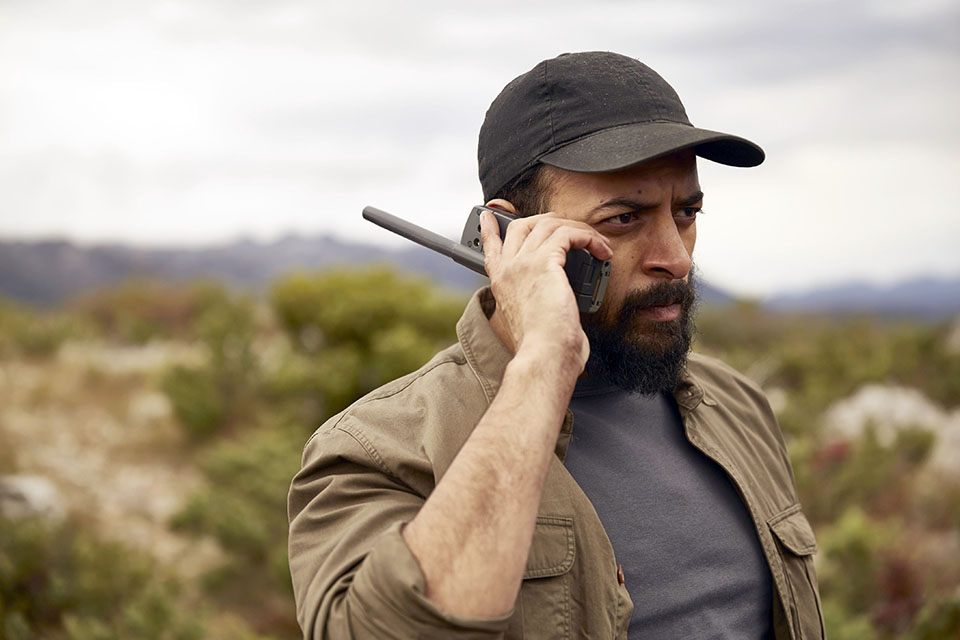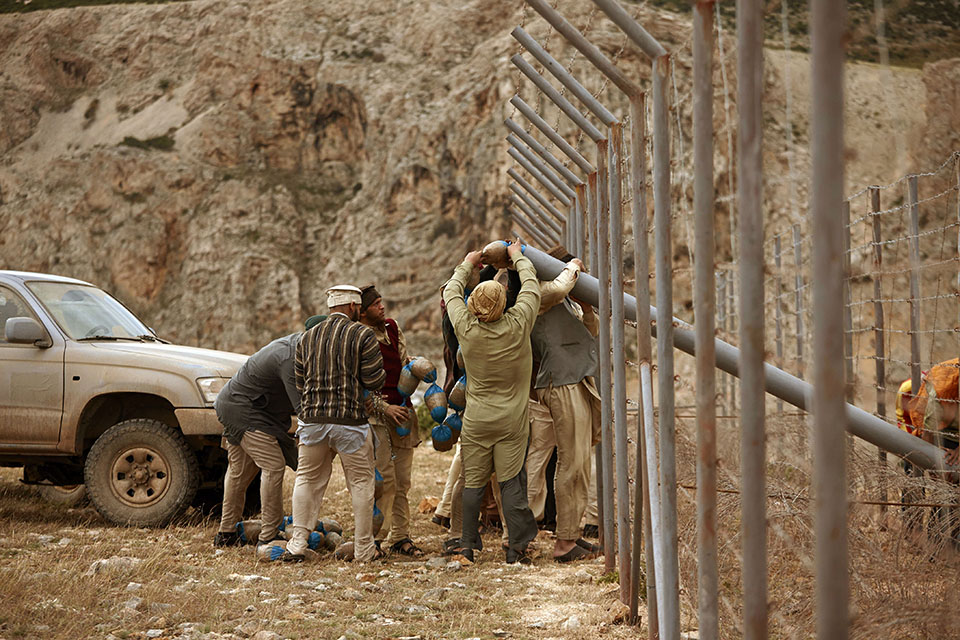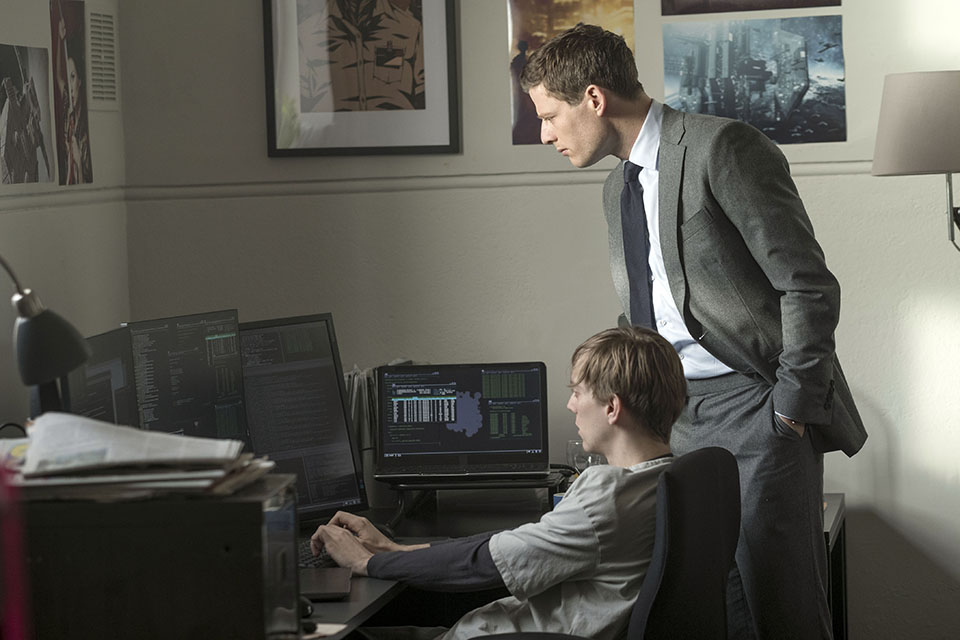- Home |
- Search Results |
- The real life events behind McMafia
The real life events behind McMafia
Have you been shocked by the events in BBC One’s McMafia and by Alex Godman’s (James Norton) actions? It might be a fictional drama but the kind of organised crime it portrays is really happening, as author Misha Glenny reveals.

Russian organised crime has grown
In the past 25 years, Russian organised crime has emerged as one of history’s most powerful mafia structures. The strict definition of a mafia is a non-state organisation that controls markets. When communism collapsed in the Soviet Union and Eastern Europe, the planned economy gave way to a new market capitalism. But there was no system of commercial justice that was able to arbitrate between businesses in the event of a dispute. So, the members of the new entrepreneurial class paid around 30% of their profits to groups which sociologists designate ‘privatised law enforcement agencies.’ More colloquially, we call them mafia.
Doing business, mafia-style
If a businessman fell into a dispute over a transaction with another trader, his gang, called a krysha or ‘roof’, would arrange the other krysha a strelka or meeting. Here the two roofs (often in the absence of the businessmen) would see if they could come to an amicable arrangement. When they did not, they would set a time and date for a razborka or shootout. These were ritualised affairs but involved a lot of gun fire, injury and death. Many senior former KGB officers worked for the businessman or the krysha as a sort of co-ordinator. The head of the gang was called a vor-v-zakonye or thief-in-law, a hard-won moniker which initially could only be conferred on criminals who had done a long stretch inside. People in the know were able to read the history of the vor and his senior lieutenants by reading the tattoos on his body.

Russian business in London, enter Alex Godman
The crime gangs were large decentralised networks. In the case of the biggest ones, like The Solntsevo Brotherhood from the south-west of Moscow, they had several hundred members and affiliate organisations. They quickly learned that in the absence of a functioning justice system, they could control illegal markets as easily as they could legal ones. Caviar, heroin, women trafficked as sex slave or nuclear material – everything was up for grabs and sale into domestic and foreign markets. Before long, Russian and other East European gangs were doing international business with everyone from the Sicilian mafia through Pablo Escobar and the Colombian cartels, Afghan warlords and Israeli money-launderers. But their favourite places to reside, have fun, send their kids to school and launder money was London. And that is where we meet Alex Godman, the main character of the BBC1 TV drama of McMafia. Godman’s father, Dmitry, was a vor-v-zakonye in Russia before he was expelled. He is old school organised crime, while Alex is doing his best to escape his family’s past.
The value of the black economy
Including money-laundering and criminal corruption, the black economy is worth about $10 trillion, roughly 15% of global GDP, according to the United Nations Office on Drugs and Crime. The bulk of that is made up of the looting of commodity-based economies like the Democratic Republic of Congo, Brazil and Afghanistan. But the illegal narcotics industry is worth three-quarters of a trillion dollars. The fastest growing sector of organised crime is cyber. Losses attributable to cybercrime are now estimated to reach some $2 trillion by 2019.

The War on Drugs
The War on Drugs has been responsible for tens of millions more deaths in the past 50 years than the use of illicit drugs themselves. Last year almost 60,000 people lost their lives at the hands of their fellow human beings in Brazil according to Brazilian government figures. Over half of those deaths were caused directly or indirectly by the War on Drugs. The profits made from narcotics enable gangs in central and south America, central Asia and east Asia to acquire sufficient weaponry to challenge the authority and monopoly of violence normally guarded jealously by the state. The War on Drugs is now being challenged by the movement legalising marijuana, in particular, which is spreading steadily across South and North America, Europe and New Zealand.
Cybercrime: a different kind of criminal
The ability to deploy or to credibly threaten violence is the defining characteristic of traditional organised crime. If you are not able to project a capacity for violence, you can’t join the mafia world. Cyber turns this on its head because you can commission a crime in, say, Kazakhstan, against a victim in Los Angeles while cashing out the earnings in Dubai. You don’t require a virtual baseball bat for that. This means that internet-based crime attracts an entirely different type of criminal – young, technically literate and masters of so-called ‘social engineering’ (persuading people to do silly things on their computers). The internet is thus disrupting traditional organised crime just as it is disrupting traditional business models in the licit world.

Money laundering and Brexit Britain
These days mafia bosses are as likely to look like the suave Alex Godman in the TV adaption of McMafia as they are characters like Al Capone. The key to really successful transnational crime syndicates is their ability to move and launder money. Once you have established successful methods of evading law enforcements with your profits, you can move onto the next stage – reputation laundering. This involves shifting money through tax havens like the British Virgin or Cayman Islands, not to mention the property market of loosely-regulated markets like London, a practice that is likely to grow after Brexit as Britain toys with lowering the regulatory bars in the housing market.
The term ‘McMafia’ comes from...
I started researching the rise of transnational organized crime after the collapse of communism and the advent of globalisation some fourteen years ago. During my conversations with criminals and law enforcement officials, I realized how new mafias often operate like franchises. It was from the old Russia hand Mark Galeotti that I heard the details. One of the most powerful organized crime groups in Moscow was the Chechen mafia, many of whose members hailed from the lawless Caucasian province of Chechnya. ‘The Chechen mafia became a brand name, a franchise – McMafia if you like,’ he explained, ‘They would sell the moniker ‘Chechen’ to protection rackets in other towns provided they paid, of course, and provided they always carried out their word. If a group claimed a Chechen connection, but didn’t carry out its threats to the letter, it was devaluing the brand. The original Chechens would come after them.’